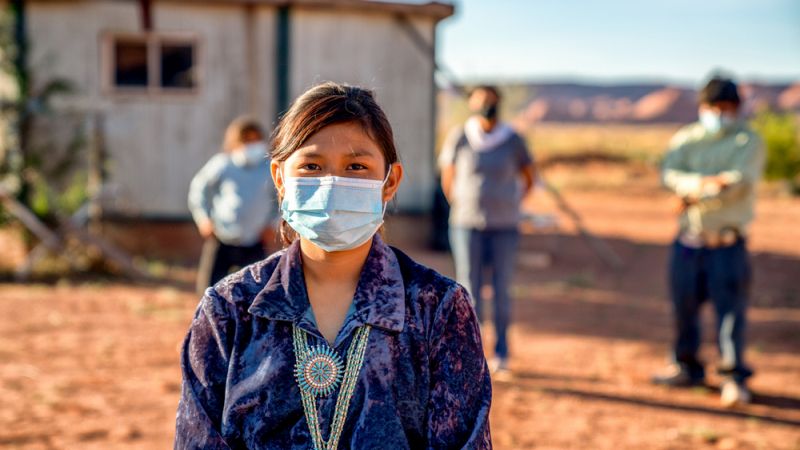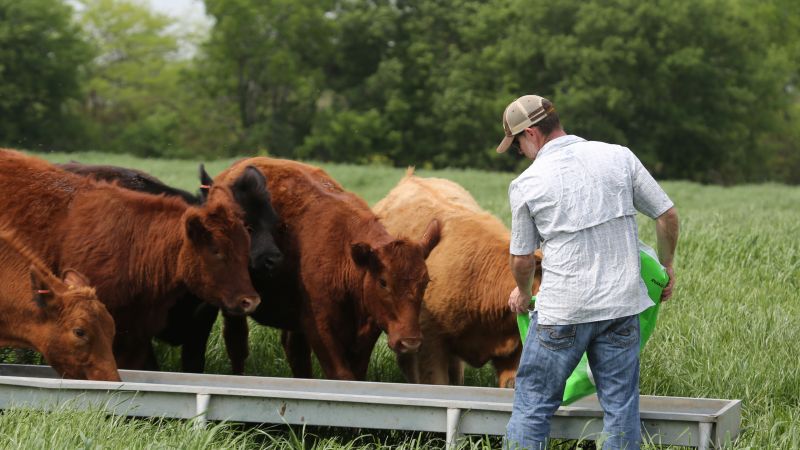When it comes to the health and safety of farmers and ranchers in Texas, dental care is often overlooked. However, maintaining good dental health is essential for the overall well-being and productivity of those working in agriculture. In this article, we will explore the importance of dental health and safety for Texas farmers and ranchers, highlighting the potential risks and providing practical tips for maintaining optimal dental hygiene.
The Impact of Dental Health on Farmers and Ranchers
Dental health plays a significant role in the overall health and quality of life for farmers and ranchers. The nature of their work often exposes them to specific risks and challenges that can impact their oral health. Understanding these risks and taking proactive measures is vital for promoting dental wellness in this population.
One significant risk factor for farmers and ranchers is exposure to agricultural chemicals and pesticides. Handling and working in close proximity to these substances can lead to various health issues, including dental problems. Chemicals and pesticides can affect oral tissues, leading to gum diseases, tooth decay, and other dental conditions. It is crucial for farmers and ranchers to take precautions, such as wearing appropriate protective gear, to minimize exposure and protect their dental health.
Another common risk factor is physical trauma. Farmers and ranchers often engage in physically demanding tasks that increase the likelihood of accidents or injuries. Falls, impact from livestock or equipment, or dental trauma from tools can result in broken or chipped teeth, oral lacerations, or even tooth loss. Taking preventive measures, such as using proper safety equipment and maintaining a safe working environment, can help reduce the risk of dental injuries.
Practical Dental Health Tips for Farmers and Ranchers

1. Regular Dental Check-ups: Schedule routine dental check-ups with a dentist who understands the unique dental challenges faced by farmers and ranchers. Regular examinations can detect any dental issues early and allow for timely intervention.
2. Practice Good Oral Hygiene: Maintain a daily oral hygiene routine that includes brushing twice a day with a fluoride toothpaste and flossing to remove plaque and food debris. This helps prevent tooth decay and gum diseases.
3. Use Protective Gear: When working with chemicals, pesticides, or machinery, wear appropriate protective gear, including gloves, masks, and safety glasses. This can reduce the risk of chemical exposure and dental injuries.
4. Be Mindful of Diet: Avoid consuming excessive amounts of sugary or acidic foods and beverages, as they can contribute to tooth decay. Instead, opt for a balanced diet rich in fruits, vegetables, and whole grains to promote overall dental and general health.
5. Stay Hydrated: Adequate hydration is essential for maintaining oral health. Drink plenty of water throughout the day to help wash away food particles and maintain saliva flow, which aids in neutralizing acids and protecting teeth.
6. Address Dental Injuries Promptly: In case of any dental trauma or injury, seek immediate dental care. Quick action can often prevent further damage and improve the chances of successful treatment.
Access to Dental Care in Rural Areas
Access to dental care can be a challenge for farmers and ranchers in rural areas of Texas. Limited availability of dental professionals, long distances to dental clinics, and financial constraints can hinder timely access to necessary dental treatments. As a result, preventive care and routine dental check-ups may be neglected.

To address this issue, it is essential to improve access to dental care in rural areas. This can be achieved through initiatives such as mobile dental clinics or outreach programs that bring dental services directly to farmers and ranchers. Additionally, promoting oral health education and awareness in agricultural communities can empower individuals to take charge of their dental health and seek appropriate care when needed.
Overcoming Dental Health Challenges in Rural Areas
Access to dental care in rural areas presents significant challenges for farmers and ranchers. Limited availability of dental professionals and long distances to dental clinics often result in inadequate access to necessary dental treatments and preventive care. However, efforts are being made to overcome these challenges and improve dental health outcomes in rural communities.
One approach to addressing dental health challenges in rural areas is the establishment of mobile dental clinics. These clinics bring dental services directly to farmers and ranchers, eliminating the need for long-distance travel. Mobile dental units equipped with essential dental equipment and staffed by dental professionals can provide preventive care, screenings, and basic treatments to individuals who may have limited access to traditional dental clinics.
Another strategy is the promotion of tele-dentistry. Tele-dentistry utilizes technology to connect dental professionals with patients remotely. Through video consultations and virtual assessments, dental providers can offer guidance, make diagnoses, and provide recommendations for follow-up care. Tele-dentistry can be particularly beneficial for rural communities where there is a shortage of dental professionals.

Furthermore, collaborations between dental professionals and community organizations can help bridge the gap in dental care access. Partnerships with local health centers, agricultural associations, and non-profit organizations can provide resources and support for dental outreach programs. These programs can include dental education initiatives, oral health screenings, and preventive care services delivered directly to rural communities.
Education and awareness play a crucial role in overcoming dental health challenges in rural areas. Promoting oral health education programs in schools, community centers, and agricultural events can raise awareness about the importance of dental hygiene and regular dental check-ups. By empowering individuals with knowledge and resources, rural communities can take proactive steps to prioritize their dental health and seek appropriate care.
Financial barriers can also hinder access to dental care in rural areas. Many farmers and ranchers may face financial constraints that prevent them from seeking regular dental treatments. Implementing cost-effective solutions, such as discounted or subsidized dental services for individuals in agricultural occupations, can help alleviate the financial burden and encourage farmers and ranchers to prioritize their oral health.
In conclusion, overcoming dental health challenges in rural areas requires a multi-faceted approach. Mobile dental clinics, tele-dentistry, community collaborations, and oral health education initiatives are essential components of improving access to dental care. By addressing the unique challenges faced by farmers and ranchers in rural communities, we can promote better dental health outcomes and ensure that individuals have the resources and support they need to maintain optimal oral health.
Maintaining good dental health is vital for the overall well-being and productivity of Texas farmers and ranchers. Understanding the potential risks and taking proactive measures can help prevent dental issues and promote oral health. Regular dental check-ups, practicing good oral hygiene, using protective gear, following a balanced diet, and addressing dental injuries promptly are essential steps in maintaining optimal dental health and safety.
Improving access to dental care in rural areas is crucial to ensure that farmers and ranchers have timely access to necessary treatments. By addressing the unique dental challenges faced by this population and implementing appropriate interventions, we can help promote better dental health outcomes and support the health and safety of Texas farmers and ranchers.
